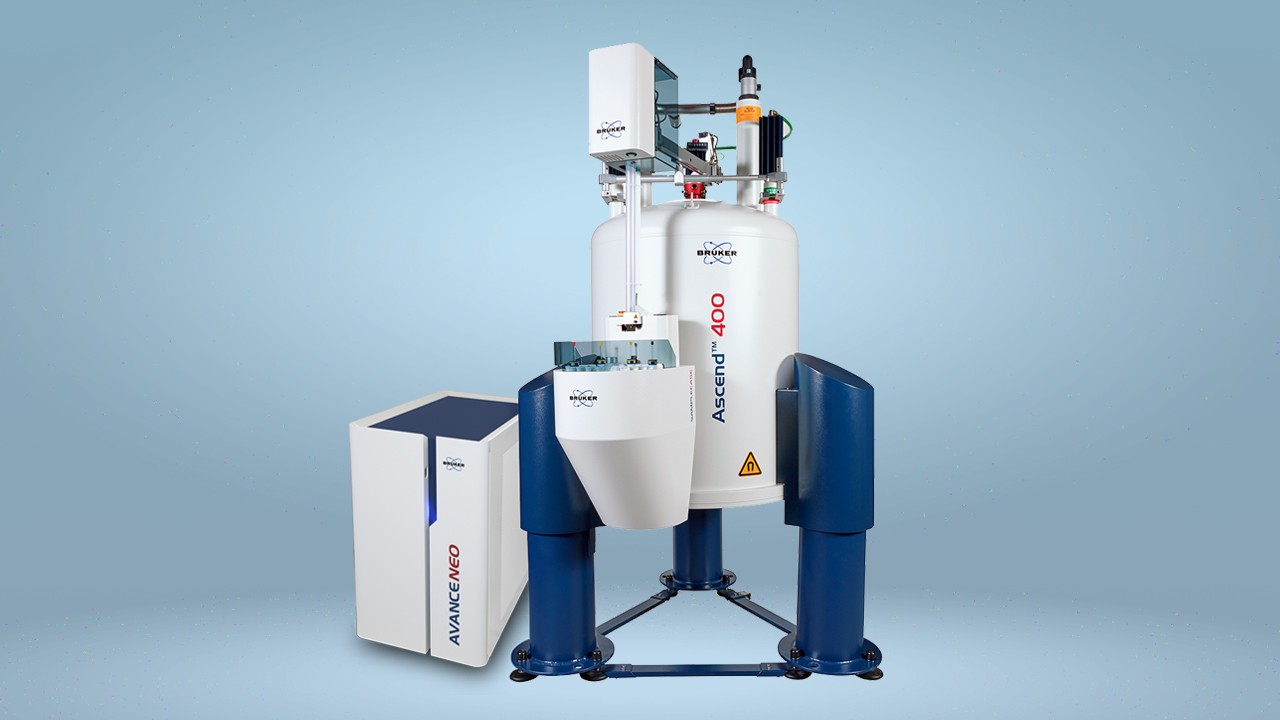

Bringing personalized nutrition a step closer to reality
What is personalized nutrition?
There is a growing understanding that one size does not fit all, and that health outcomes can be improved by taking a more individual approach.
Personalized nutrition uses information on individual characteristics to develop targeted dietary advice and products. It has been described as an approach that “assists individuals in achieving a lasting dietary behavior change that is beneficial for health.”2 But yet there is no universal definition.
Diet is a well known contributory factor to common diseases, including heart disease, stroke, type 2 diabetes and cancer.3
Despite the known link between dietary intake and disease, attempts to change our individual dietary habits through personalized regimes, and so influence widespread public health, have had limited impact.
Having no universally accepted definition of personalized nutrition doesn’t help. Add to this the difficulty of collecting accurate dietary data at scale, under real life conditions, and the issue is clear. Left unchecked, the incidences of these diseases will continue to rise, bringing new burdens to healthcare systems.4 Big datasets that inform public health policies are in need of revision, as are the methods used to assess dietary patterns.
The benefits of 1H-NMR metabolic profiling
The approach of personalized nutrition depends on gathering accurate and reliable data about an individual’s diet. Proton nuclear magnetic resonance (1H-NMR) spectroscopy, a non-invasive technology capable of measuring hundreds of metabolites from a single drop of urine, has emerged as an effective method for assessing the dietary consumption patterns of individuals.5
By matching a dietary fingerprint obtained in this way to a database of carefully controlled dietary intervention studies, holistic patterns can be tracked and interpreted to optimize dietary decisions.
A need for change
Given that nutrition research has been criticized for providing apparently implausible results,6 there is a need for change. 1H-NMR challenges the long-held assertion that one diet can optimize universal health.7 Demonstrating individual differences in metabolism, research has shown that, based on identical food, different people excrete varying amounts of a biomarker. This can be attributed, among other factors, to the unique gut microbes of every individual, each with their own metabolic potential, allowing researchers to contextualize the role of each metabolite and identify how a particular diet may stimulate beneficial gastric activity.8
The Bruker Avance III HD 600MHz with the bodyfluid NMR methods package can generate an individual’s dietary fingerprint within ten minutes, through identifying diet-discriminatory metabolites in a urine sample.
Click here to read more about the research into personalized nutrition by Prof. Elaine Holmes at Murdoch University’s Health Futures Institute.
References
- E. Holmes: Personalized nutrition – the role of NMR in understanding human metabolism https://www.bruker.com/en/landingpages/bbio/resolution-in-a-new-dimension-for-solving-challenges-of-society/the-role-of-nmr-in-understanding-human-metabolism.html
- Gibney M, Walsh M, Goosens J: Personalized nutrition: paving the way to better population health. In: Eggersdorfer M, Kraemer M, Vordaro JB, et al, eds. Good nutrition: perspectives for the 21st century. Karger Publishers, 2016: 235-48.
- Jose M Ordovas, Lynnette R Ferguson, E Shyong Tai, John C Mathers: Personalized nutrition and health, BMJ 2018; 361 doi: https://doi.org/10.1136/bmj.k2173 BMJ 2018;361:bmj.k2173
- NMR-based metabolomic profiling for improving nutritional health, Bruker BioSpin 04/21 T183586. https://www.bruker.com/en/resources/bbio/magnetic-resonance/application-notes/T183586_nmr_based_metabolic_profiling_application_note.pdf
- NMR-based metabolomic profiling for improving nutritional health, Bruker BioSpin 04/21 T183586. https://www.bruker.com/en/resources/bbio/magnetic-resonance/application-notes/T183586_nmr_based_metabolic_profiling_application_note.pdf
- Ioannidis JP: Implausible results in human nutrition research. BMJ2013;347:f6698. doi:10.1136/bmj.f6698 pmid:24231028
- Garcia-Perez, I., Posma, J.M., Gibson, R.,et al. Objective assessment of dietary patterns by use of metabolic phenotyping: a randomised, controlled, crossover trial. The Lancet Diabetes and Endocrinology, 5 (3):184–195. doi:10.1016/S2213-8587(16)30419-3
- Holmes, E., Loo, R.L., Stamler, J., et al. (2008) Human metabolic phenotype diversity and its association with diet and blood pressure. Nature, 453 (7193): 396–400. doi:10.1038/nature06882
Disclaimer:
*Bruker NMR Instruments are for research Use Only. Not for Use in Clinical Diagnostic Procedures.





